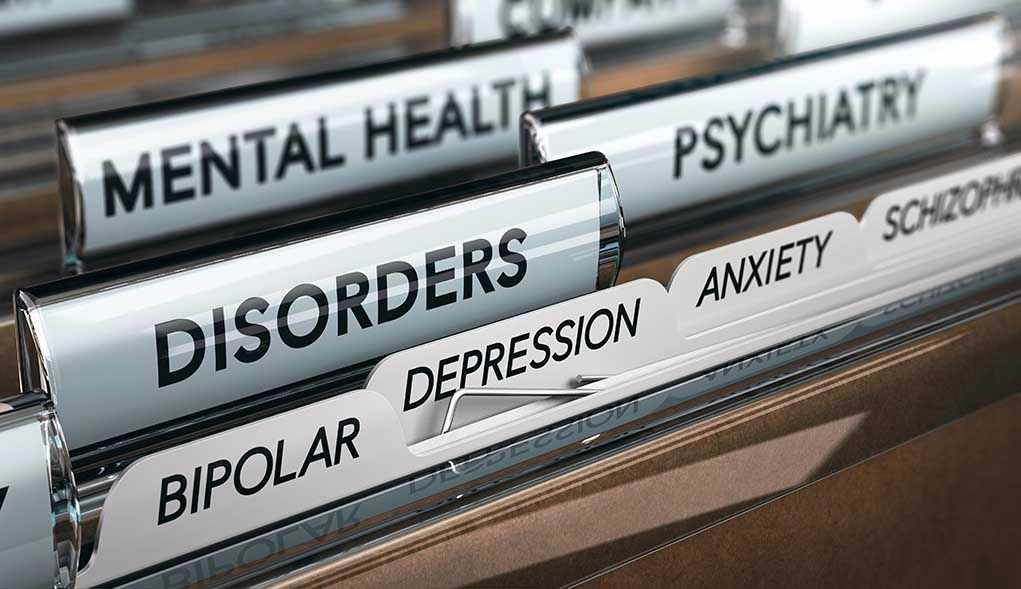
As Americans navigate adulthood, a growing phenomenon threatens to obscure their core identities, sparking concern about personal fulfillment and authenticity.
Story Highlights
- Adult identity drift is a growing concern, as individuals struggle to maintain a sense of self amidst societal roles.
- Research shows that identity crises extend beyond adolescence, affecting adults during life transitions.
- Experts emphasize the importance of therapy and self-exploration in combating identity drift.
- Identity issues can lead to psychological distress but also offer opportunities for personal growth.
The Emergence of Adult Identity Drift
Adult identity drift refers to the gradual loss of one’s core identity due to adopting various societal and familial roles. This drift often results in confusion about personal desires and self-concept. Originating from Erik Erikson’s theory of psychosocial development, the concept suggests identity formation is lifelong, with critical periods of reflection and role confusion. While traditionally associated with adolescence, recent studies indicate that adulthood, especially during major life transitions, can trigger significant identity reevaluation.
Research highlights that the expansion of adult roles, such as career and caregiving, combined with societal expectations, has increased the complexity of identity management. Modern adults face overlapping responsibilities that often obscure personal values and desires. Workplaces, family structures, and social networks reinforce role-based identities, contributing to this drift.
Impact on Individuals and Society
The implications of adult identity drift are both psychological and societal. Short-term effects include psychological distress and confusion, while long-term consequences can lead to personal growth and improved relationships if addressed appropriately. Adults in transitional life stages, such as career changes or parenthood, are particularly vulnerable. Families and workplaces are also affected, experiencing shifts in dynamics and increased demand for mental health services. Economically, there’s a risk of productivity losses due to disengagement or burnout, prompting interest in workplace wellness programs.
The mental health sector is seeing a surge in adult-focused therapies and interventions. Mental health professionals play a crucial role in facilitating self-discovery and identity exploration. Employers and families can either support or hinder this exploration, highlighting the importance of supportive environments for identity resolution.
Expert Insights and Future Directions
Psychologists emphasize the importance of ongoing identity exploration, with therapy recognized as an effective intervention. The growth of therapeutic modalities, such as Acceptance and Commitment Therapy, targets adult identity issues. Experts caution against pathologizing normal adult transitions, noting that identity crises are normative and can lead to positive outcomes when navigated successfully. Studies have shown that higher identity resolution in emerging adulthood predicts better psychosocial functioning later in life.
As recognition of adult identity crises increases, there is a growing discourse on the importance of lifelong identity development and self-exploration. Mental health organizations provide practical guidance, emphasizing the need for supportive networks and therapeutic interventions.
Sources:
Peer-reviewed study on identity resolution and adult development
Authoritative summary of identity crises and their treatment
Practical guide on identity crises from a mental health organization




